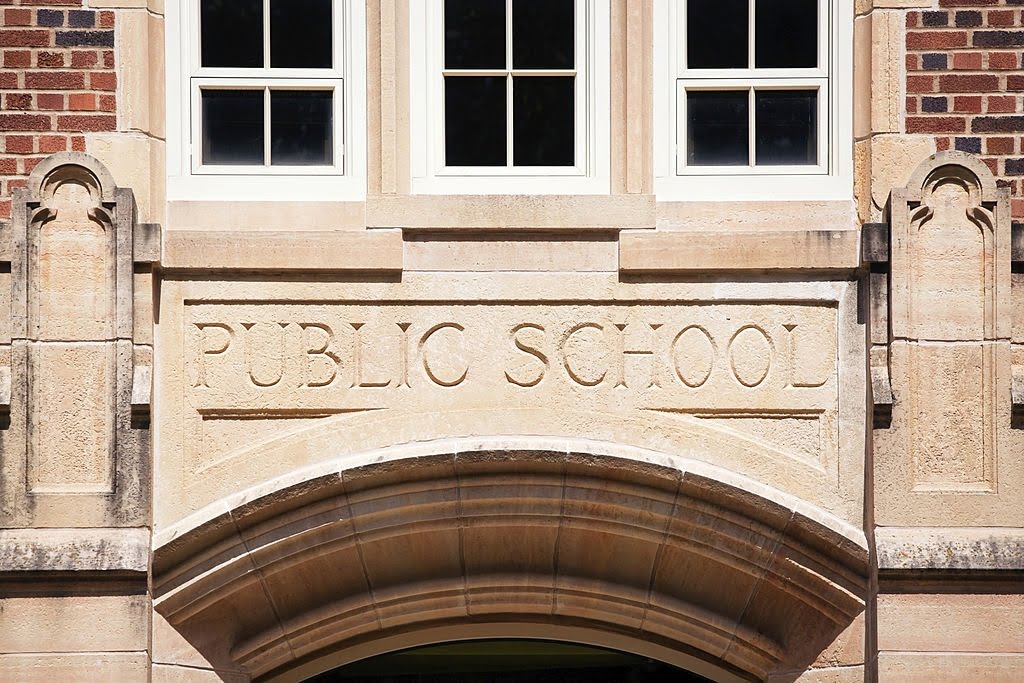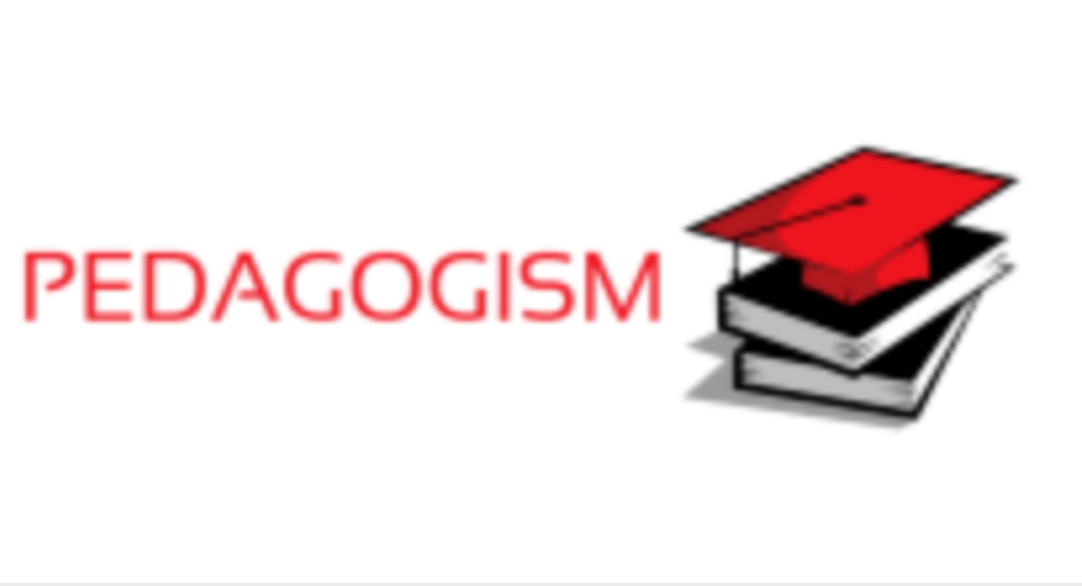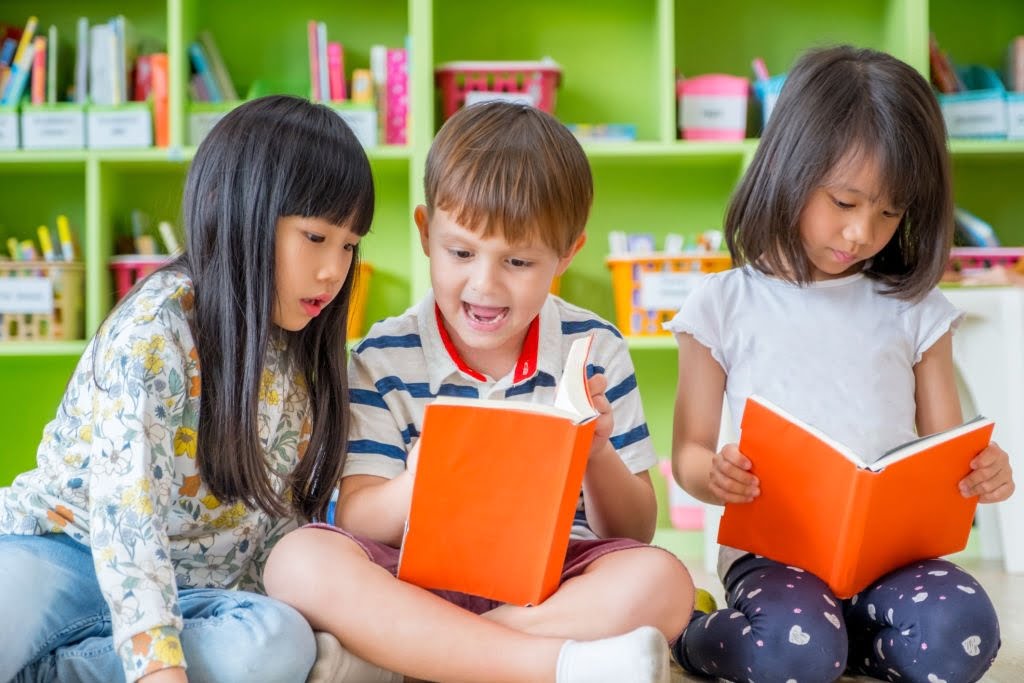Issues in Public Education

The power of education is eloquently summed up in Nelson’s Mandela famous quote on education: “Education is the most powerful weapon which you can use to change the world.” To add on, I coined education as a continuous learning process that starts from infancy that never stops. This is because knowledge is ongoing to help a person to develop both physically and intellectually. This paper seeks to analyze who should be the first educator? Where should education begin? Is the school system in American falling behind because of a change in curriculum and what is the answer to a failing public school system in urban America?
Therefore, why should America be concerned about the quality of education being received? Well, it is all about the end results of the years spent in school. For instance, if students are not disciplined, who will hire them; every community wants a good school system; citizens want excellent schools for their children and society wants to see minorities and immigrants have the same quality education as their white students. So, what is the problem? In my experience and observation, the first educator should be parents and this education can start from the womb. For instance, after reading an “Awake” magazine on how a baby learns from inside the belly, I was determined when I got pregnant with my child, I’ll put this study to the test. Soon after I got pregnant, I started reading Dr. Seuss’s classic collection series to the baby daily while in the womb along with playing the Beethoven and Mozart symphonies and reading verses out of the bible. In addition, I regularly talk to the fetus as if I can see the baby next to me. To my surprise, the study was a success! My daughter was reading before she was two years old and by the time she was two, she could have finished the sentences in one of Dr. Seuss rhythmic books. She always seems to light up when hearing Beethoven symphonies as if she is telling me with her facial expression, “I heard that before.” Also, at a young age, she was very social and happy. For this reason, I choose to work at night and educate and nurture her during the day as opposed to sending her to a daycare. As a result, the rewards outweigh the sacrifice I have made. My daughter has always been an A student with little effort; she is very social and can adapt very easily and now at fourteen years old attending high school. Now that my circumstances have changed for the rest of my kids, I could not stay at home with the others to nurture and train them the way I did with my oldest and or was in the right emotional state to continuously read, sing, and talk with them from the womb. Therefore, there is a vast difference in social behaviors and learning comprehension.
In addition to my study is Dr. Florence Baccus who took every opportunity to read, talk, and play with her son Stephen. As Stephen got older, his mother included playing games, went on trips, practiced counting, and sang songs. She recalls, “even during bath time we played something.” The results were astounding for Stephen and his mother. As a teenager, Stephen graduated with honors from the University of Miami. He went onto finish law school at age sixteen and became the youngest lawyer in the United States. Stephen’s mother, Dr. Florence Bacchus, a former teacher and guidance counselor, has dedicated much of her time to the study of early education and learning. She concluded that the attention and stimulation she gave her son from infancy changed his future and his life. Looking at the above study, are the teachers responsible for turning out good students or the parents should be the first ones in the area of education? This paper will further explore what parents can do at home with their children to alleviate the stress from the teacher and make learning rewarding for the teacher and the student. However, parents need to be balanced and think of what training to provide for their young ones. An expert on child development Dr. J. Fraser Mustard explains what we clinically now know is that the experiences the child is exposed to in the early years of his life influences how that child’s brain will develop. To add on, Professor Susan Greenfield similarly states we know that violinists develop more brain territory for fingers on the left hand than other people do. So, what can parents learn from these findings? Many parents will spend much money on music and art classes to have an all-rounded child that will have the edge over others, but what can go wrong with this type of thinking? Does this type of dedication by parents is wholly beneficial to the child? Some developmental experts believe that parents who solely play with their child is creating a whole new problem for the child. The findings show that children who are micromanaged are stressed and emotionally erratic, have insomnia, and complain of body aches and pains. Then when these children reached their teenage years many problems arrived such as: not having the skills to cope with problems, burn out, and antisocial and rebellious behaviors observed by one psychologist. What then is missing from this type of structure? Experts explain that children miss the most important part of the learning experience and that is through unstructured playtime. Educators further explain that spontaneous play stimulates creativity and enhances a child’s mental, social, and emotional skills.
Many parents were the first educators for their children to thrive and maintain a balance so that their children can reach their full potential without pushing them to the extreme. Because childhood is the perfect time to teach and to nurture a child. Scientists believe, “Brain connections are being wired at an extraordinarily rapid rate in the early years, as the landscape of the brain is shaped by moment-to-moment interactions of genetic information and environmental stimuli,” reports “Nation” magazine. Scientists believe that most of this connection, which is called synapses, develops in the first few years of life. This is when “a baby’s potential future wiring and intelligence, sense of self, trust and motivation for learning is laid down,” according to Dr. T. Berry Brazelton, a professional in the field of child development. So why are America’s parents not trying their hardest to nurture their child so that there will not become a problem for society and the schools? Let’s examine in the literature review some of the difficulties affecting students, teachers, and the government.
What Happened to Discipline?
The government and the school system have taken out the discipline from the schools. This has led to the loss of precious instructional time for the students, and as a result, the learning becomes mediocre. Why? Because time is taken to make phone calls home and to sort out conflict, teachers lose their enthusiasm to teach the way they should. The energy of the educator has to be directed to the disruptive student/s. In the meantime, instructional time is lost daily just by sorting out a disruptive kid. In the past teachers had the liberty to decide what consequences to give to students who misbehaved, and the teacher applied suitable punishment, but that right is taken from teachers in America’s school; therefore, students and parents have taken advantage of the change. According to the magazine, Who Killed School Discipline? The author observed that there is an increase nationwide of troubled families and disorderly kids and some inner-city schools have students who are “violent felons.” The author continues to explain the problem that the principle today is not equipped to deal with even the most “unruliest kids.” Because the principle in the past could have permanently expelled kids who are hard to discipline and send them to special schools for such behavior. Sadly, though, the right to make such a decision is taken from the principle through education law reform.
Why do most American kids lack discipline? Is it because such training should begin at home from a young age? Why are other countries ahead in the area in terms of discipline and are at the top with Math and English whereby America falls behind especially the inner-city kids. Is poverty to be blamed for education reform? Kate Lewis, an American mother observed how the Japanese discipline their kids. Lewis noted that she began noticing everywhere that parents stoop behind pillars in train stations, at the edge of parks, having a quiet conversation as children were packed away into cars. Lewis states: “Where I’d focus on stopping the behavior as it happened, Japanese parents seemed to wait until a private moment to discuss.” Instead of exposing the child’s behavior in public, the child pride is maintained by disciplining in private as well as the pride of the parent. According to Lewis, “parents in Japan are expected to model the behavior their children should emulate.” Lewis agreed that quiet time in private is better than “waiting out a tantrum in the middle of a crowded train.” The idea is to punish the behavior, not the child. She continues to observe that “the students follow a strict schedule, repeating the same songs, games, and polite behaviors like putting shoes away neatly and sitting quietly until it becomes routine.” What can be the solution to the problem of discipline in America? Let’s investigate!
The Concept of Self-Regulation
“Self-regulation is defined as the self-management of attention, emotion and brain executive functions for the attainment of a goal,” according to Garrett (2017) in the book The Kids Are Smart Enough, So What’s the Problem? The research focuses on children who are “exposed to the chronic environmental stresses associated with low income reduce their ability to self-regulate”, the outcome leads to negative behavior and higher-order cognitive skills. However, all is not lost when it comes to poor children’s behavior and mental skills. The positive is that children can still be molded into good behaved children given the right intervention by properly trained teachers the children can succeed. Professor Cybele Raver is a psychologist from New York University who has written extensively on the concept of self-regulation. Her research was carried out on pre-K students; many of whom were previously studied in the Chicago School Readiness Project. The results of the CSRP study show “that if teachers are properly trained to manage and promote self-regulation were significantly more successful in providing more emotionally and behaviorally supportive classrooms than teachers who were not so trained.” (Garrett 2017:17).
Where the United States Stands in International Education Competition
With all the reforms in America’s law – “No Child Left Behind Act”, the Common Core and Race to the Top has addressed issues in education in the U.S. and some progress has been made, America sadly still falls behind academically compared with students in Asia and Europe.
Amanda Ripley’s captivating new book, “The Smartest Kids in the World”, shows that America’s students fall below the rank “17th in reading and 13th in math. A country like Poland with child poverty that is similar to the United States shows a better student achievement and greater system-wide achievement. What is the Polish secret? According to the Awake magazine: the benefits of reading to children, all Polish whether poor or rich read to their children. The campaign urges not to delay perusing to youngsters but rather to begin as quickly as time permits. When? The program urges perusing a newborn child and holding them in our arms, taking a gander at him with affection and empowering enthusiasm with various tones in our voice. Along these lines, an enduring relationship of perusing with a sentiment of security, delight, and closeness is framed. Furthermore, it fortifies mental advancement
Why is America Lagging Behind in Education?
As a diverse culture in America, do Americans genuinely value education?The government placed the blame on overcrowded classrooms, underpaid teachers, and inadequate facilities. However, is that the root cause? To an extent, the primary focus is not directed in the right areas of education. For example, more emphasis is veered towards athletic achievement, cheerleading bands, and rigorous standardized testing than regions of experiment and critical thinking according to historian Richard Hofstadter. Most importantly, American culture feels a sense of entitlement and young children observe this kind of behavior. The different outlook on education from other countries is that those countries value education, Americans are more individualistic in promoting themselves and rising to the top instead of group interest. On the other hand, countries that succeed academically tend to have a culture that is less individualistic, but value others, be it family, neighborhood, or organization. The nations that truly value education, teachers are held in high esteem and are very well respected.
According to research done in the U.S., many universities have programs that recruit international students from all over the world. Students come from Singapore, India, Korea, Taiwan, Africa, and others. These students are earnest about learning, and they will not stop at getting the education they came for. Conversely, the attitude of the American students was not the same. Based on the research done on American students at Indiana University, the students were not so enthusiastic about learning and were easily distracted from their studies and did not mainly show “a love of learning.” If the American students continue to slide academically and other countries continue to win the race academically, then America will suffer economically as a nation. If this trend continues the wealth of America will move to other countries throughout the world. For instance, students particularly in India, Singapore are working twice as hard as their American students and are attending extra hours of class and more days a month. So, what methods can be implemented so that American students can develop a love for learning? Well, the answer lies in reading and stimulation from infancy or even before birth. This method has proven successful across ethnic and cultural backgrounds, and America should have the same fundamental view on learning as other countries do. When the mindset of the American view on education is changed, then a generation of children will love books and will be motivated to learn. Most importantly, discipline from a young age and all of America’s problems with disruptive students will be a thing of the past. Now let’s look at some methods that proved successful and are endorsed by psychologists.
Conclusion
What can the government and lawmakers do to foster a love of learning and discipline in America’s school? The answer lies in the people of America to develop and simulate from a very young age or even before birth the love of books. From the womb, parents can start to read and talk to their fetus. Then when the child is born to provide quality time to that child. Instead of battling a broken educational system where the disadvantages outweigh the advantages as one can see the problems of reform “No Child Left Behind Act” and “Common Core”. Lawmakers can support the parent’s initiative in areas of more paid maternity leave for mothers to stay home and properly care and nurture their babies. Most babies are off to daycare too soon, and this is creating a generation of antisocial and rebellious kids that are withdrawn and feel that no one cares. The six weeks of maternity leave extend to six months more with a percentage of their pay.
References
Arvid, J. Burke et al. 1959. The Economic Outlook for Education. Problems& Opportunities in Financing Education. New York State Teacher Association, Albany, New York.
Awake. 2004. Benefits of Reading to Children. Awake Magazine. Watchtower Bible and Tract Society of New York.
Burtless, G. 1996. School Differences and Student Achievement: Does Money Matter? Washington, D. C. Brookings Institution Press.
Garrett, R. 2017. Some Major Issues in Education: The Kids Are Smart Enough, So What’s the Problem? Maryland: The Rowman & Littlefield Publishing Group, Inc
Lipman, P. 1998. Lack of Public Confidence in the Schools: Race, Class, and Power in School Restructuring. State University of New York Press, Albany.







This is an excellent article and I am beginning to rethink public education after reading it. No education system is perfect, we are always working on it. I think public education is facing unprecedented challenges in the face of the COVID-19 impact. But I believe that our education is getting better. However, we still need to keep identifying problems. Thank you for sharing your article.
Great writing. In fact, the problem of education exists not only in public education but also in private education. Different countries have different education systems. In western countries, private schools are more popular and receive more financial aid because they tend to be more expensive. Many students have to get loans in order to attend college, which can be a big burden for students. Also, through these tuition schools are able to hire more good teachers. However, what kind of tuition is reasonable needs to be a discussion that the whole community is involved in. Public universities, although they have some problems, can at least take a lot of the burden off students in terms of the cost of education.